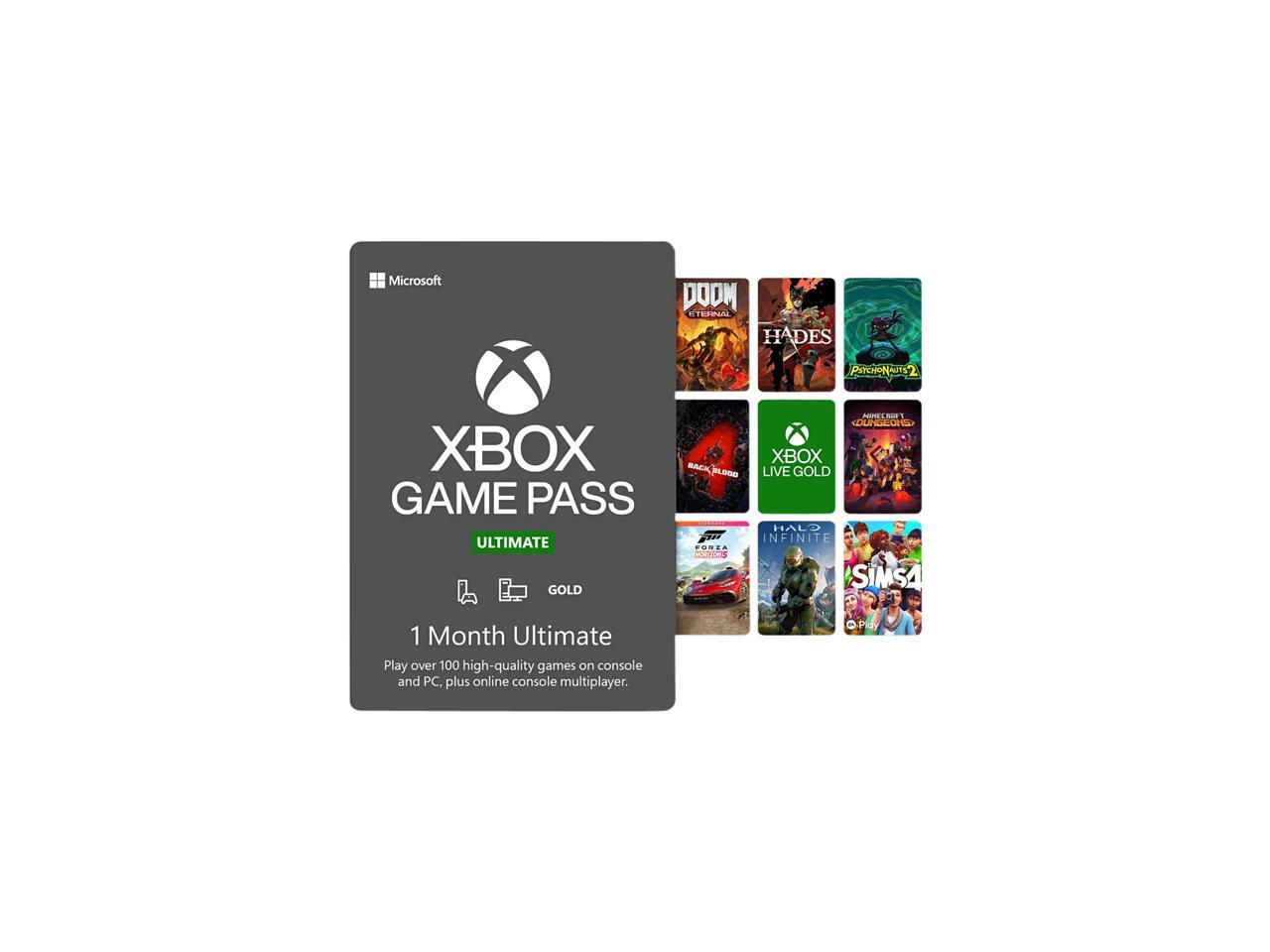In the ever-evolving landscape of digital entertainment, subscription services have carved out a significant niche, promising endless content for a fixed monthly fee. For video games, Xbox Game Pass stands as a prime example, often hailed as the “Netflix of gaming.” Yet, recent analytics paint a fascinating, and somewhat paradoxical, picture of its impact on player behavior: Xbox users, it seems, are playing more games than their PlayStation 5 or Steam counterparts, but dedicating significantly less time to gaming overall. This isn`t just a quirky statistical anomaly; it`s a testament to the complex psychology of choice and convenience, and a point of contention for the industry itself.
The Data Speaks: Breadth vs. Depth
According to a report from Ampere Analytics, as observed in August 2025, the average Xbox user sampled nearly six different games. This figure comfortably eclipses Steam players, who averaged 4.5 titles, and PS5 users, coming in at a modest 3.7. The reason, Ampere suggests, is quite straightforward: the Game Pass effect. With a vast library of titles readily available at no additional per-game cost, the barrier to trying something new is virtually non-existent. Why commit to one game when a hundred others are just a click away?
However, the plot thickens. While Xbox users are undeniably more promiscuous in their game choices, their overall time investment tells a different story. The same report indicates Xbox players logged an average of only 7.7 hours of gameplay, a stark contrast to PS5 users` 12.7 hours and Steam players` 11.9 hours. It appears the “all-you-can-eat” buffet of Game Pass encourages sampling, but perhaps discourages lingering at any single dish. One might even muse that the sheer abundance of choice can lead to a peculiar form of decision fatigue, where the joy of discovery is subtly undermined by the pressure of endless options.
The “Game Pass Effect”: A Double-Edged Sword
This dynamic highlights a fundamental shift in how some gamers interact with their hobby. Game Pass, undeniably, democratizes access to a wide array of experiences. Players can venture into genres they might never have considered purchasing outright, from indie darlings to AAA blockbusters. This fosters a broader gaming palate and allows for experimentation without financial risk.
Yet, this boundless freedom comes with its own set of behavioral consequences. When a game costs nothing extra to try, the incentive to push through challenging sections, explore every nook, or immerse oneself deeply in its narrative might diminish. Why persevere through a difficult boss fight when another, potentially easier, adventure awaits instantly? This could lead to a shallower engagement, where games become more akin to transient experiences rather than long-term commitments.

Industry Echoes: A Model Under Scrutiny
Beyond player habits, the Game Pass model continues to stir significant debate within the video game industry itself. While Microsoft touts record investments in the service, prominent figures have voiced concerns that cut to the very core of game development economics:
- Developer Sustainability: Former PlayStation boss Shawn Layden provocatively suggested that subscription models could reduce developers to “wage slaves.” His concern is that a fixed revenue stream from subscriptions, rather than individual game sales, might cap potential earnings and stifle the risk-taking necessary for groundbreaking innovation. If every game must fit neatly into a subscription box, does it limit artistic freedom?
- Undermining Retail Value: Strauss Zelnick, head of Take-Two Interactive, has questioned the long-term benefits of Game Pass to the broader economics of game development. Similarly, former Xbox executive Shannon Loftis raised points about how such models could erode traditional retail revenue, impacting developers who rely on outright sales to fund future projects. For many creators, the concept of a game having a singular, premium price is crucial for recouping development costs and ensuring a healthy profit margin.
These critiques highlight the tension between consumer-friendly pricing and the economic realities of a multi-billion dollar industry. While players rejoice in the value offered by Game Pass, the question of its sustainability for developers remains a pertinent and complex one.
The Road Ahead: Evolution or Revolution?
The “Game Pass effect” is a fascinating microcosm of modern digital consumption. It reflects a desire for boundless choice and instant gratification, but also hints at the potential for diluted engagement. As new blockbusters, such as the forthcoming Black Ops 7, arrive directly on Game Pass, these trends may shift, temporarily rebalancing playtime across platforms. However, the fundamental dynamic appears resilient: Game Pass facilitates unparalleled breadth, but depth of play remains a challenge.
The future of subscription gaming hinges on striking a delicate balance. Can services like Game Pass continue to offer immense value to consumers without inadvertently devaluing the very creative work they distribute? Can developers find sustainable ways to thrive within this model, ensuring that the next generation of groundbreaking titles continues to emerge? These are not simple questions, and their answers will undoubtedly shape the landscape of interactive entertainment for years to come. For now, Xbox users will continue their digital wanderlust, exploring a vast universe of games, one brief adventure at a time.

